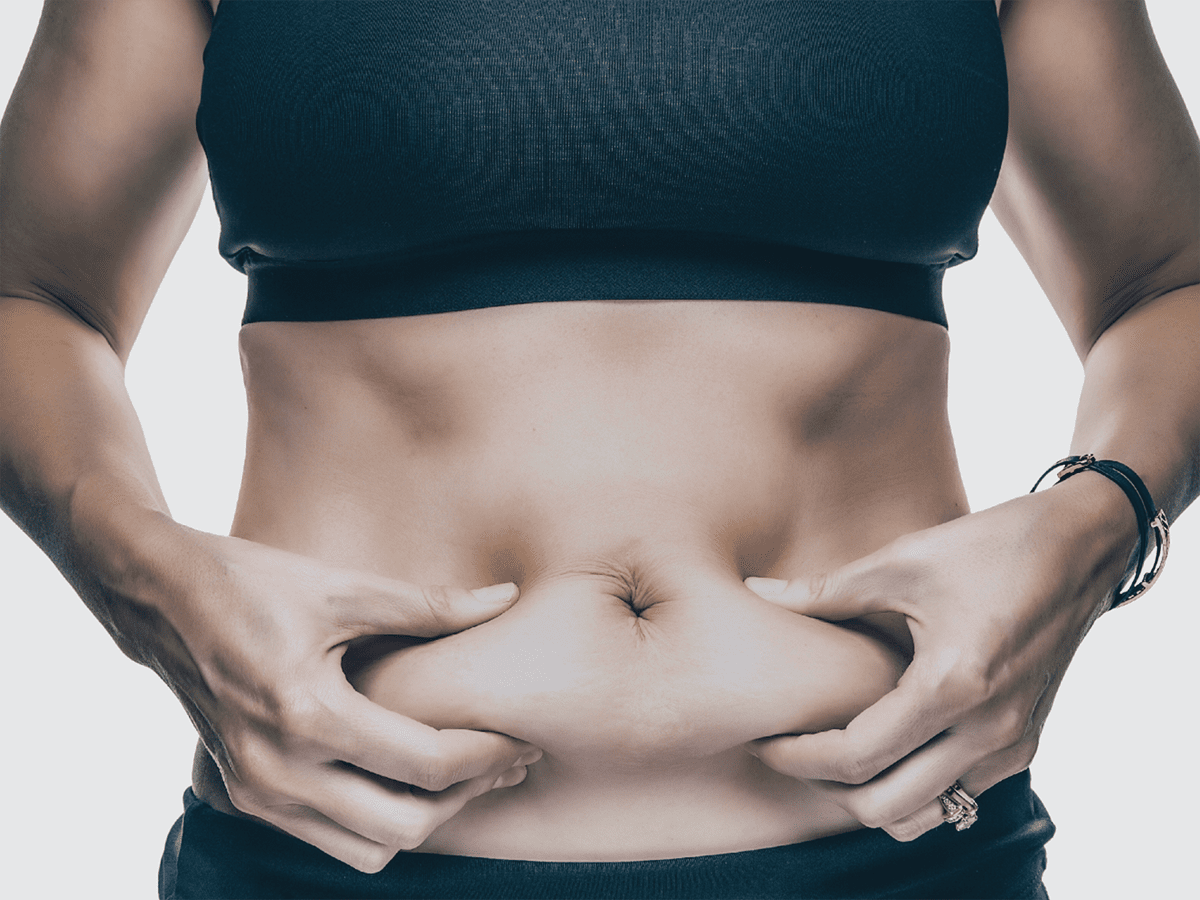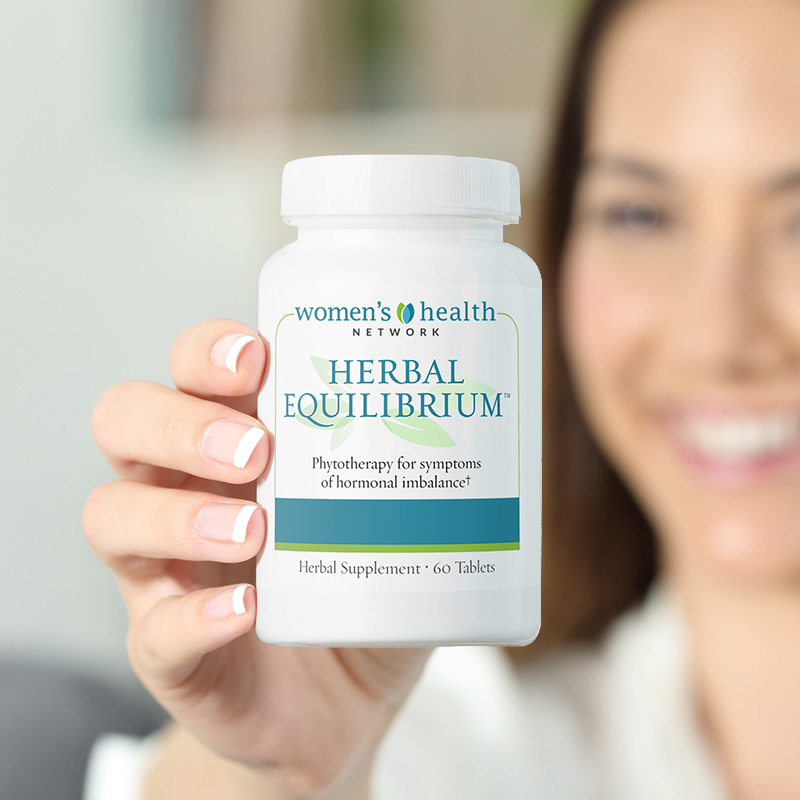Supplements To Get Rid Of Menopausal Belly Fat

Imagine waking up, the first rays of sunlight gently caressing your face. You stretch, ready to embrace the day, but then you catch a glimpse of yourself in the mirror. There it is again: that stubborn bulge around your middle, seemingly immune to diet and exercise. You sigh, another day battling the menopausal belly fat.
This article explores the potential of supplements to aid in reducing menopausal belly fat. While not a magic bullet, certain supplements, alongside a healthy lifestyle, may offer a helping hand during this transitional phase.
Understanding Menopausal Belly Fat
Menopause, a natural biological process marking the end of a woman's reproductive years, brings about a cascade of hormonal changes. Specifically, the decline in estrogen levels significantly impacts fat distribution, often leading to increased abdominal fat storage – the dreaded "menopausal belly."
This isn't just about aesthetics; excess abdominal fat, also known as visceral fat, is metabolically active. Visceral fat wraps around internal organs and is strongly linked to increased risks of heart disease, type 2 diabetes, and other health complications, according to the National Heart, Lung, and Blood Institute (NHLBI).
Furthermore, the hormonal shifts can affect metabolism, making it harder to lose weight, even with consistent efforts. Reduced muscle mass, another common consequence of aging and hormonal changes, further contributes to a slower metabolism.
The Role of Supplements: A Helping Hand?
While diet and exercise remain the cornerstones of any weight loss or fat reduction strategy, certain supplements have garnered attention for their potential benefits in managing menopausal belly fat. It's crucial to remember that supplements are not a replacement for a healthy lifestyle, and their effectiveness can vary from person to person.
Before introducing any new supplement into your routine, consult with your healthcare provider. This step is especially important if you have any pre-existing health conditions or are taking other medications.
Promising Supplements and Their Potential Benefits
Here are some supplements that have shown promise in research and anecdotal evidence regarding menopausal weight management:
Calcium and Vitamin D
While primarily known for bone health, calcium and vitamin D may also play a role in weight management. Studies suggest a link between adequate calcium and vitamin D intake and reduced abdominal fat. The National Institutes of Health (NIH) Office of Dietary Supplements provides detailed information about recommended daily intakes.
Vitamin D, in particular, supports muscle function, which helps preserve muscle mass, contributing to a healthy metabolism. Many individuals are deficient in Vitamin D, so supplementation might be beneficial, especially during menopause.
Probiotics
Emerging research highlights the gut microbiome's influence on various aspects of health, including weight management. Probiotics, beneficial bacteria that support gut health, may play a role in reducing inflammation and improving metabolism. Certain strains, like Lactobacillus gasseri, have shown promise in reducing abdominal fat in some studies.
Look for a probiotic supplement with a diverse range of strains and a high CFU (colony-forming units) count. A healthy gut can positively impact overall well-being, making probiotics a worthwhile consideration.
Magnesium
Magnesium plays a vital role in numerous bodily functions, including blood sugar control, energy production, and muscle function. Many women experience magnesium deficiency during menopause, potentially exacerbating weight gain and insulin resistance.
Supplementing with magnesium may help improve insulin sensitivity, regulate blood sugar levels, and support healthy metabolism, potentially aiding in belly fat reduction. Consult your doctor to determine the appropriate dosage for you.
Green Tea Extract
Green tea extract is rich in antioxidants called catechins, particularly epigallocatechin gallate (EGCG). EGCG has been shown to boost metabolism and promote fat burning in some studies. However, the effects are often modest and may vary depending on individual factors.
Choose a green tea extract supplement that is standardized for EGCG content. Be mindful of caffeine content, as green tea extract can be stimulating.
Conjugated Linoleic Acid (CLA)
CLA is a naturally occurring fatty acid found in meat and dairy products. Some studies suggest that CLA may help reduce body fat and increase lean muscle mass. However, the evidence is mixed, and more research is needed to confirm its effectiveness.
When considering CLA supplementation, follow the manufacturer's recommended dosage and be aware of potential side effects, such as digestive upset.
Beyond Supplements: A Holistic Approach
While supplements can be a valuable addition to a healthy lifestyle, they are most effective when combined with other strategies. A holistic approach that addresses diet, exercise, and stress management is crucial for successfully managing menopausal belly fat.
Diet: Focus on a balanced diet rich in fruits, vegetables, lean protein, and whole grains. Limit processed foods, sugary drinks, and unhealthy fats. A registered dietitian can provide personalized guidance on creating a healthy eating plan that meets your specific needs.
Exercise: Incorporate both cardio and strength training into your routine. Cardio helps burn calories and improve cardiovascular health, while strength training helps build muscle mass, which boosts metabolism. Aim for at least 150 minutes of moderate-intensity aerobic exercise or 75 minutes of vigorous-intensity aerobic exercise per week, along with two strength training sessions, as recommended by the Centers for Disease Control and Prevention (CDC).
Stress Management: Chronic stress can lead to increased cortisol levels, which can promote fat storage in the abdominal area. Practice stress-reducing techniques such as yoga, meditation, deep breathing exercises, or spending time in nature. Prioritizing sleep is also essential for managing stress and supporting overall health.
A Journey, Not a Destination
Navigating menopause and managing its associated changes, including belly fat, is a journey, not a destination. Be patient with yourself, and celebrate small victories along the way.
It's also important to practice self-compassion and focus on overall well-being rather than solely fixating on weight or appearance. Remember that you are more than just a number on a scale.
Ultimately, the best approach involves a combination of informed choices about supplements, a commitment to a healthy lifestyle, and a supportive healthcare provider. Embrace this chapter with knowledge and self-care, and you can thrive through menopause and beyond.


















